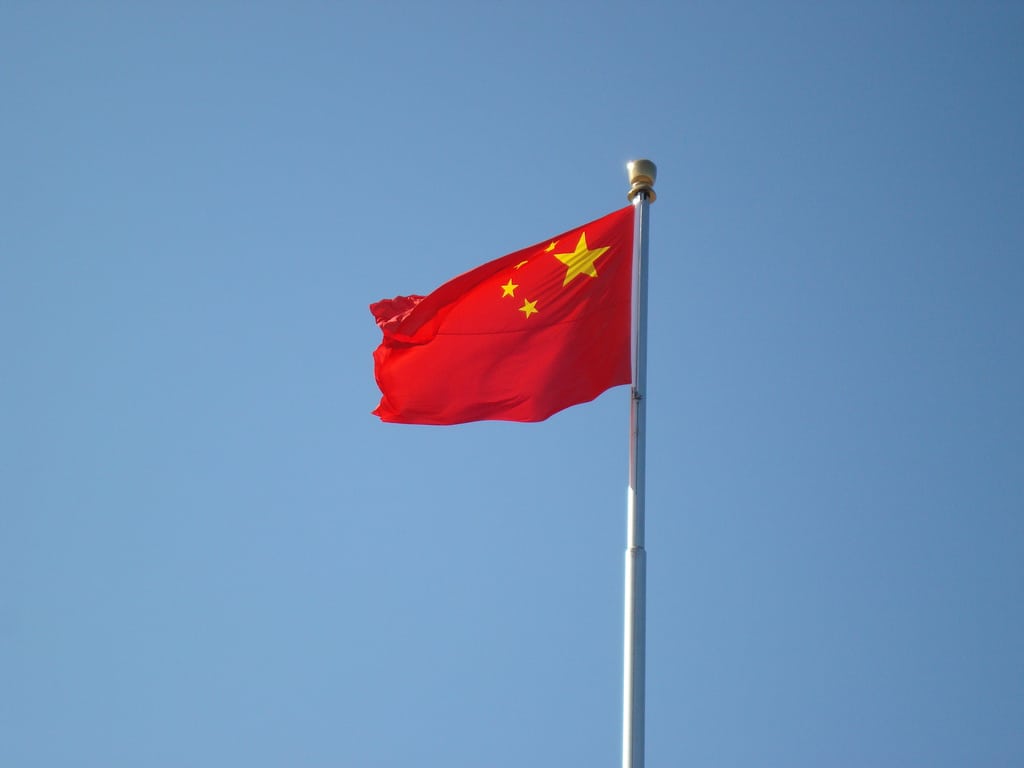 Photo courtesy of radiowood on Flickr
Photo courtesy of radiowood on Flickr
Keeping an Eye on China
It is with valid reason that American media has been dedicating a steady stream of attention to Russian efforts to spread disinformation among the American public. However, focusing attention and concern over foreign influence solely on Russia is unwise, as China continues to attempt to shape American opinion on contentious Chinese issues with relatively less media scrutiny.
A number of methods are used for influence operations, but none are as visible as the Confucius Institutes, and the controversy surrounding them. For instance, a recent incident involved an event at the Confucius Institute at Savannah State University, where its director both obscured ties to Taiwan in the biography of speaker and journalist Bethany Allen-Ebrahimian, and reprimanded her for criticizing China’s track record of human rights violations during the event.
Confucius Institutes like the one at Savannah State University have been active in the U.S. since 2004. Situated on college campuses, they officially serve to provide universities with Chinese language and cultural education. In principle, such an operation is a welcome facilitator of cultural exchange and an opportunity for university students to receive high-quality instruction in a critical language. However, their operation is Chinese Communist Party-directed and funded. Their instructors are trained by the CCP, and are under strict directives as to what discussions and ideologies are permissible. As a result, narratives pertaining to China discussed in these institutes are heavily guided – away from areas such as human rights or Falun Gong, and towards more palatable topics such as Confucius’ teachings.
Confucius Institutes seek to shape the opinions of foreign publics to be cohesive with CCP party lines on contentious issues such as Taiwan or Tibet, and to invest foreign publics in China’s success. They are propaganda machines – and central to China’s overseas efforts. Whilst technically under the Hanban wing of the CCP Ministry of Education, Confucius Institutes work as part of the CCP’s “big magic weapon” – the United Front Work Department, which spearheads China’s foreign influence and propaganda operations. The former head of the United Front Work Department was the same official who launched the Confucius Institute initiative.
Forty percent of the over 300 Confucius Institutes worldwide are located within the U.S. This demonstrates the CCP has determined that the US public is a primary audience. The CCP’s range also reaches across social strata. In incorporating Confucius Institutes within the framework of higher education, the CCP is able to directly influence both prominent academics of today and students with the potential to be people of import in the future. Their influence also spreads beyond the heights of higher education – Confucius Classroom initiatives also operate within primary and secondary state education in targeting education across private and state sectors and across a wide range of demographics. And it is not just U.S. citizens being targeted within U.S. borders. Chinese students studying in the U.S. are also subject to coercion by embassy officials to attend state visits by Chinese officials, or to not show support for fellow Chinese who publicly criticize aspects of the Chinese government. Furthermore, international incidents such as one that occurred in Portugal, where a Hanban official destroyed all references to Taiwan in materials for an academic conference in Braga, show that active Confucius Institute censorship is not isolated to the Savannah State incident.
It is important to note that Confucius Institutes and similar initiatives are not inherently bad. The provision of high-quality language education is a positive, as is exposure to different cultures. However, the U.S. needs to keep a closer eye on Chinese influence operations. One way of doing that might be through the implementation of legislation such as the bill proposed this Monday in Congress that would require Confucius Institutes to register under the Foreign Agents Registration Act (FARA), as well as the commissioning of an inter-agency report on Chinese influence operations. This follows the Foreign Influence Transparency Act, proposed earlier this year in the Senate. RT, the Russian state media agency, was also recently subject to FARA registration. Whilst not limiting freedom of speech or the ability of Confucius Institutes to provide language education, such action has the potential to restrict the ability of the CCP to enact political influence operations within the U.S.





